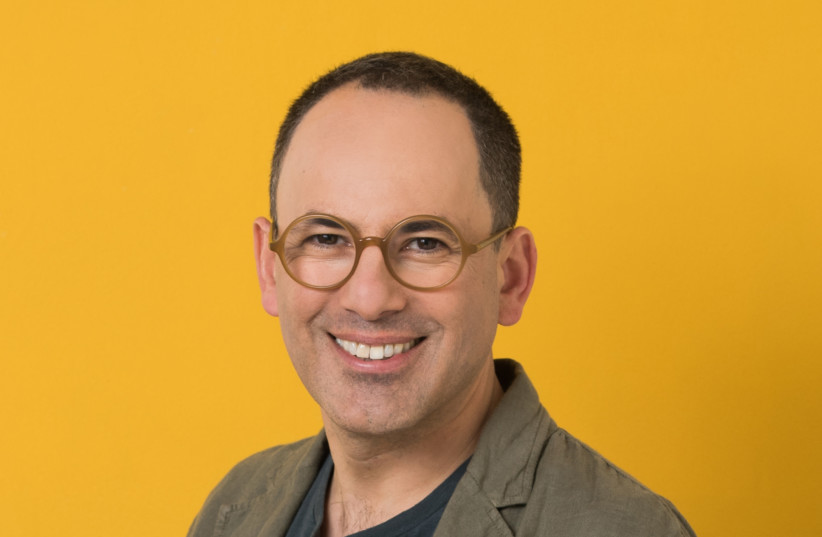Last month, leading companies from throughout Israel and around the world gathered for the Sustainability for Ukraine event, which featured a 24-hour web-a-thon on the future of sustainability, in order to raise funds to support civil society and sustainability in Ukraine. The campaign has raised over $170,000.
The event featured participation from Israeli nonprofit organization Ma’ala, a corporate membership organization promoting Corporate Social Responsibility (CSR) in Israel. Ma’ala hosted a one-hour panel of the web-a-thon devoted to diversity and inclusion in business, moderated by its CEO, Momo Mahadav.
“It’s not as if we’re on top of the world, but I think the work here on diversity inclusion is quite interesting,” he told The Jerusalem Post. “In a nutshell, what we see in Israel is quite a lot of bottom-up interventions: sort of informal interventions that are supported by management and those who are in charge, but it’s less of the top-down policies that we see in other countries.”
Strauss Group's diversity and inclusion
As an example of Mahadav’s point: a recent diversity and inclusion effort made by Strauss Group (which attended Ma’ala’s panel) involved an extensive crowdsourcing campaign, wherein the company made a call to employees to suggest ideas to raise awareness and improve gender equality in Israel. “Eventually it [garnered] a lot of interest, and the ideas were taken on by several organizations,” he said.

Also in attendance at Ma’ala’s panel was Co-Impact, a nonprofit that has made exemplary progress in Israeli business efforts toward effective diversity and inclusion.
“Co-Impact’s approach is very much about the processes that you adopt within a company, for instance, a designated steering committee with Arab-Israeli employees, and members of the management team overseeing the progress on Arab inclusion,” Mahadav explained. The organization’s value-based agenda combined with its mode of operation as an internal consultant gives it a very unique approach to Arab diversity.
Arab diversity and inclusion in Israeli business has been picking up momentum in recent months, particularly in the hi-tech field since the traditional talent pool has all but dried up in the wake of the COVID-19 pandemic and the rising cost of living.
Data is emerging that points to peripheries such as the Arab and ultra-Orthodox sectors as the next source pools for valuable hi-tech talent. “Something like 30% of first year students in the Technion doing computer science and engineering are Arab-Israelis. Of those, the majority – 60% – are women. The greatest candidates in five years from now are Arab women engineers,” explained Calanit Valfer, managing partner at Elah Fund, a VC firm which focuses on principles such as diversity, inclusion and carbon reduction.
“The real challenge in Israel is not hiring these people – it’s making sure that they’re retained,” Valfer said. If you make your minority-sourced employees feel welcome and valued, “then the likelihood of those employees being retained – and really being worth the effort, resources and money it took to recruit them – is much higher,” she said.
“From a business perspective, diversity and inclusion have real substantive benefits.”
